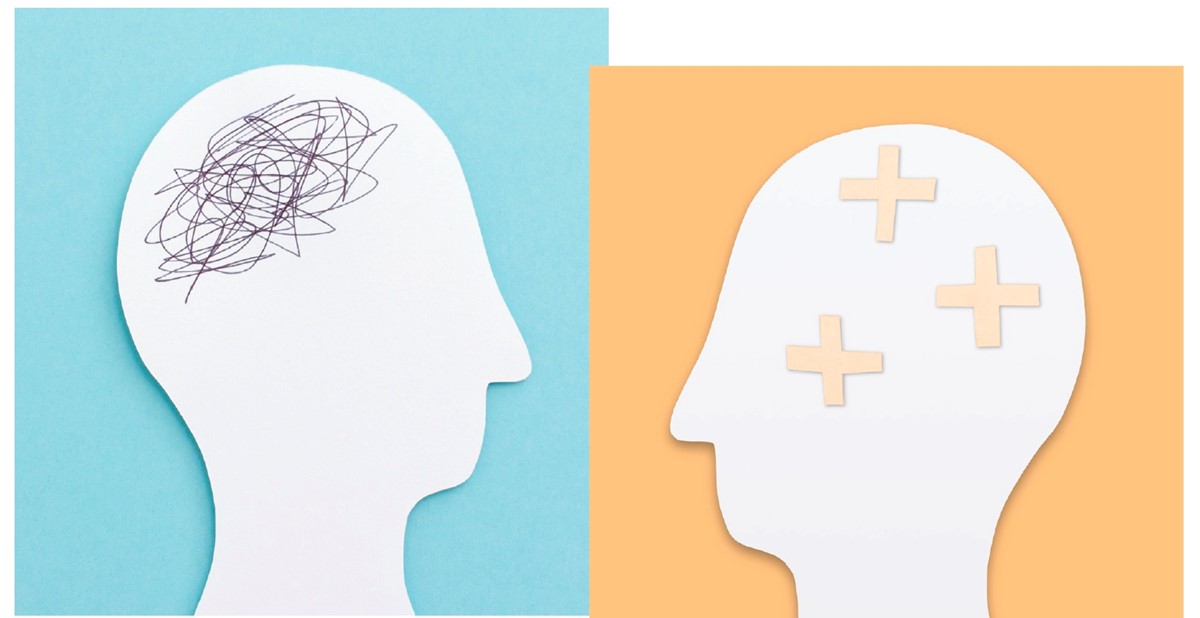Watercooler: Tapping Into Your Zen

For weeks now, the latest news updates have revolved around the financial hits caused by the coronavirus pandemic and updates about the rising number of cases worldwide. Though it’s critical news, we’re also not discussing the pink elephant in the room—how to overcome the coronavirus anxiety and lessen cabin fever. Time with family, friends and loved ones are moments to treasure, but after moving from an eight-hour workday at an office to being home around-the-clock with little ones who are out of school, and having few places to go for reprieve due to widespread business closures, keeping your sanity in check can, at times, feel like a fantasy.
In a Medium article, writer Nick Wignall shares four no-nonsense ways to regain your calm during particularly stressful times.
- Be intentional about how you consume the news. Intentionality in your access to the news, particularly in a society that is collectively addicted to it, he says, can save you time and energy, and possibly lower your stress and blood pressure. He suggests managing your news intake by deleting news apps from your smartphone, using read-it-later services like Pocket, setting time brackets during the day or week to read the news, and following subject matter experts on social media over media conglomerates.
- Maintain your hopes but lower your expectations. Everyone has expectations of themselves and others, and when these expectations aren’t met, the result tends to range from feelings of disappointment to frustration and anger. If a colleague does not submit something exactly as you requested, lessen your angst by hoping they will submit it correctly next time, but simultaneously accepting that more guidance may be needed again—and that’s okay.
- Stop whining and do something useful. It’s easy to become caught up with thinking and talking about what’s going on in the news, but hard to actually take the steps toward a solution. It’s almost like committing to eating healthier but continuing to indulge in an after-dinner sundae. When there’s a disconnect between our thoughts and our actions, Wignall says, the negative effects are twofold: it puts a damper on our self-esteem when we don’t act in a way that’s aligned with our beliefs, and avoiding hard work creates displaced emotions. Instead, join or get behind a group or community you believe in, or set aside time for some other things—like calling an old friend, delving in a do-it-yourself project or bonding with family.
- Cultivate a habit of gratitude. Considering all that’s going on, those who are safe and healthy have a lot to be grateful for. The problem, Wignall says, is that we don’t take enough time to consciously recognize what’s good in our lives; something he refers to as the intellectualist fallacy. Lasting change requires actions, and dedicated actions come from habits. To be actively grateful, one must cultivate the habit of doing so, and it’s as simple as devoting five minutes of quiet time to reflection or writing down three things you’re grateful for every day.
–––––––––––––––––––––––––––––––––––––––––––––––––––––––––––
Danielle Renda is associate editor of PPB.

